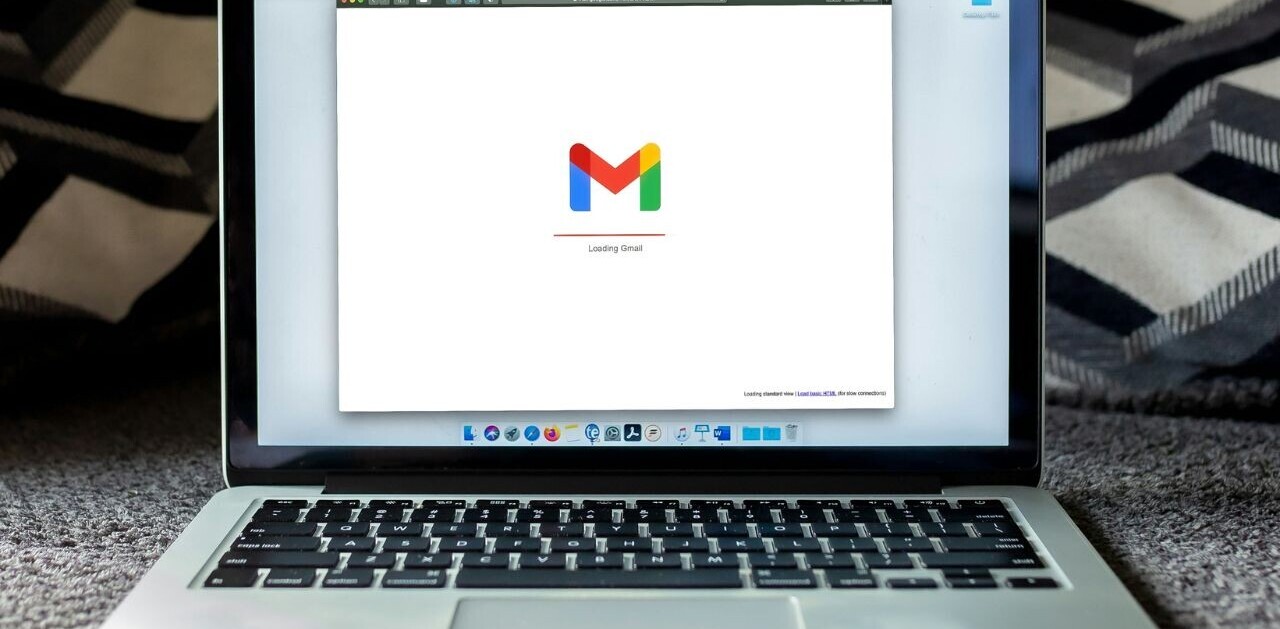
Google Reader is dead. It’s been nearly three months since Google announced the closure so most of us Reader regulars have had plenty of time to come to terms with it and take a look at the growing number of services bidding to take on our RSS needs post July 1.
There are plenty of good articles explaining, with sadness, why Google Reader will be missed — this one at TechCrunch published today, for example. I too was bitterly disappointed to hear the fateful news back in March, but my attitude has changed over recent weeks and I believe there is much to be excited (yes — RSS + exciting = crazy talk) about now that Google’s service has delivered its final bundle of feeds.
RSS is far from dead — as The Verge notes in a long article — in fact, the end of Reader is very much the beginning. That’s to say that this an opportunity for RSS-focused companies to grab the bull by the horns and drive the space forward.
Google barely invested resources in its service in recent times, as a two-day outage last year showed. Reader was a side-project for Google, which is focused on services that make money; serve ads; break barriers; or advance access to the Internet.
It’s hard to image Larry Page getting excited about collecting RSS feeds on the (albeit fictitious) Google Island that Wired’s Matt Honan wrote of following Page’s passionate, and at times surreal, speech at Google IO.
But that is really the point of the disappointment. Many people believed that, though Google goes after profit like all companies are entitled to, some services were beyond that remit and would be maintained for the good for the Web — wrong.
Back to the source of my optimism. There are at least half-a-dozen companies that are dedicating time/resources — and in some cases their entire business — to make their RSS service the one that Reader emigres will pick.
As we wrote back when Google delivered its grim news, a bunch of companies have stepped things up. Sensing a comeback, Digg is working hard to bring its reader out of beta (having packed it into its existing mobile apps), AOL — another fading giant of sorts — has launched an initially solid effort; Feedly — now with 12 million users — leads a plethora of young firms aimed at building a name, user base and business following Google’s decision.
Some people may argue that the new wave are merely recreating the Google Reader experience. But what’s wrong with that? It’s certainly a solid start, and I fully believe that we can expect future innovation that will advance the experience, for those that want something more than a direct Google Reader replacement, while things can remain as they are for those that don’t.
Still, the symbolism of Reader’s exit is impossible to ignore. I personally started using it back in 2005 when it was my primary method to navigate the Web to find content from authors/blogs/websites that I liked, and discover others.
Within the next two years I joined Facebook and Twitter and — speeding up to today — content discovery has turned on its head from an individual experience to one that is inherently intertwined with social. We can follow our favorite authors or blogs on either service, friends, content curators, acquaintances and more can help find with discovery too. There are a million more ways to find good reads which has lead many away from RSS readers (or perhaps never to them in the first place), but for some of us, the need for a reliable reader that we control has only risen in today’s social age.
That’s why I’m looking forward to really knuckling down and picking the RSS service that fits for me. After all, it’s a buyer’s market in the post-Google Reader age.
If you’re still stuck on a replacement, here are some ideas:
- Feedly: Web, iOS and Android
- Netvibes: Desktop, iOS, Android
- Flipboard: Android, iOS
- Newsbar-app: Mac
- Taptu: Android, iOS, BlackBerry, Nook
- NewsBlur: Web, iOS, Android
- HiveMined: Coming soon
- Theoldreader.com: Web
- AOL Reader: Web
- Digg Reader: Web, iOS and Android (bundled with Digg’s existing app)
- Netnewswire: Mac OS X
- Reeder: iPhone, iPad, Mac
- Multiplx: Web
Further reading: The State of Google Reader Replacements — Tidbits
Headline image via Thinkstock
Get the TNW newsletter
Get the most important tech news in your inbox each week.





